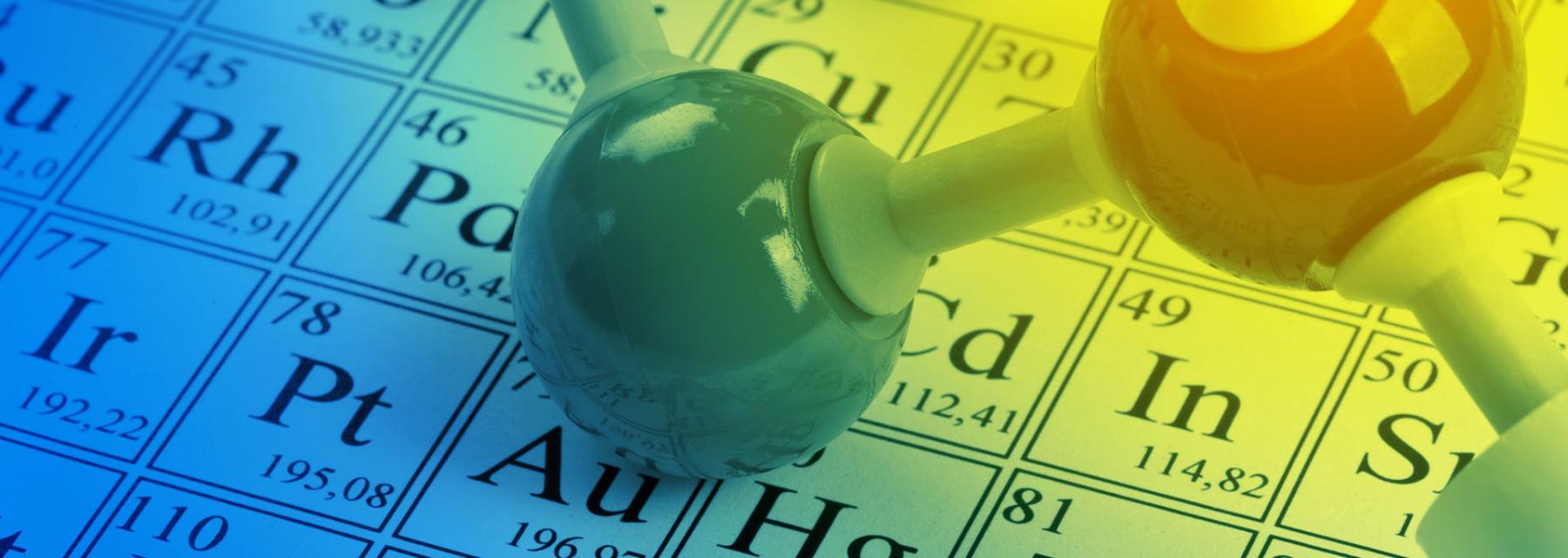
Acid or Base: That is the Question
by Karen Larsen
Students who have been studying logarithms can apply them using a chemistry lab to discover the pH of acetic acid (white vinegar) and even compare this to other acids.
Lesson Plan Link/URL
https://docs.google.com/presentation/d/1umAN-kPdgxOjamp1ZK1Dd7Llvoi8F63G/edit?u…Subject Area
Science Physical Science P1: Matter P4: Energy Transfer Mathematics Number and Operations—Fractions (NF) Measurement and Data (MD) Expressions and Equations (EE) Functions (F) Number & Quantity (N) Reasoning with Functions and Relations (RFR) English Language Arts (ELA) Reading (Informational Text) Writing Speaking & Listening
Featured
Off
Related Content

Grades:
7th Grade, 8th Grade, 9th Grade, 10th Grade, 11th Grade, 12th Grade
This lesson is a whole unit on energy. It can be broken up into 10 separate lessons. I chose to put them all together so that it was easier to see how I organized them so you did not have to search

Grades:
8th Grade, 9th Grade, 10th Grade, 11th Grade, 12th Grade
A lesson designed for an engineering course but that can be used in a science course where we investigate the physics of waves and how it can be applied to the world of art. Students will design and

Grades:
9th Grade, 10th Grade, 11th Grade, 12th Grade
This STEM Argumentative Research Project engages students in exploring the scientific, ethical, and societal implications of themes in Mary Shelley's "Frankenstein." Students will work in groups to